
"Longlong" is China's first cloned dog derived from somatic cells as well as the world's first gene-edited cloned dog. He was born at Beijing Sinogene Biotechnology Co., Ltd. (hereinafter referred to as Sinogene). The appearance of cloned dog Longlong indicates that Sinogene has filled the technical gap in China's somatic cell cloning of dogs which has made China the second country in the world who master the technology of dog somatic cell cloning independently after South Korea. In the following years, the technology for dogs and cats cloning has been moved out of the laboratory finally and been able to benefit society.

In fact, the success of cloned dogs is not easy. The establishment of dog somatic cell lines, estrus determination of egg donor dogs, acquisition of mature egg cells, somatic cell nuclear transfer, embryo fusion activation, and embryo transplantation are all achieved through a difficult and lengthy process. However, Sinogene has a highly efficient and professional technical team composed of multiple doctors and masters, and is equipped with a fully authorized animal experimental center. Through continuous efforts, Sinogene has successfully overcome the technical challenges.
Just like the birth of a cloned dog, it requires a considerable amount of time, and this waiting process is a hopeful one for pet owners. It involves taking a sample of somatic cells from the dog that needs to be cloned, establishing a somatic cell line from the sample, selecting a suitable female dog in estrus, collecting spare egg cells, then implanting, activating, and constructing a clone embryo. The surrogate mother dog goes through pregnancy to give birth to the somatic cell cloned dog.
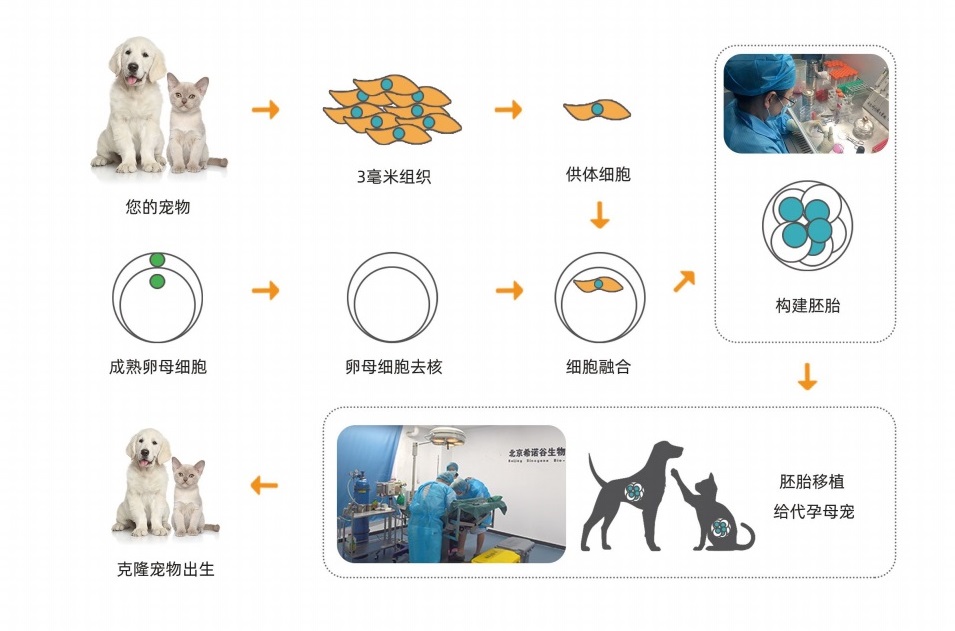
However, the resolution of technical challenges does not mean a smooth path towards the commercialization of cloning. Cloning technology still faces many obstacles, as it challenges the traditional mindset prevalent in society. But from any perspective, cloned dogs are necessary.
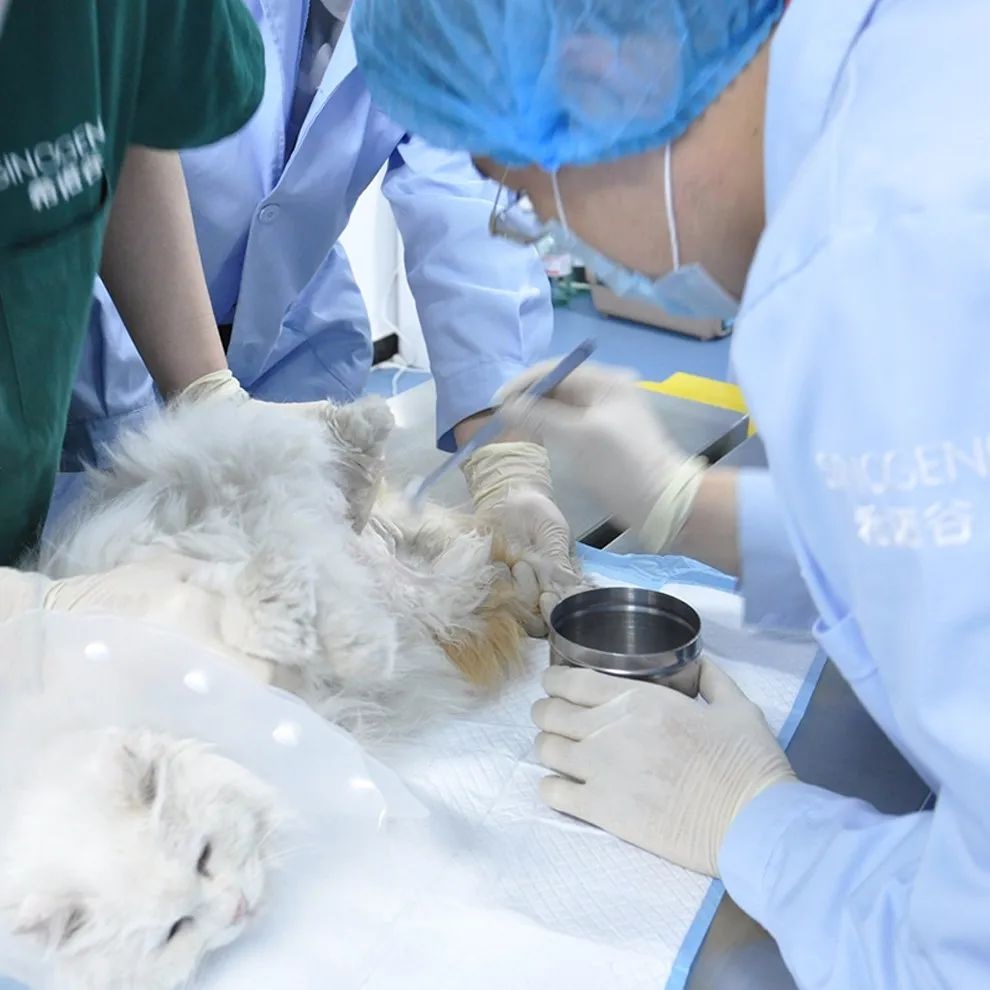
From a market perspective, the commercialization of cloned dogs aims at the pet market. With the arrival of a new era, pet expenditures are on the rise, the structure of the pet market is constantly changing, and the pet industry is becoming increasingly diversified, with cloned dogs being one of the categories. From a cultural and ethical perspective, since the commercialization of cloning has already begun, it has its practical necessity. Cloned dogs effectively fill the emotional gap and bring benefits to every family.
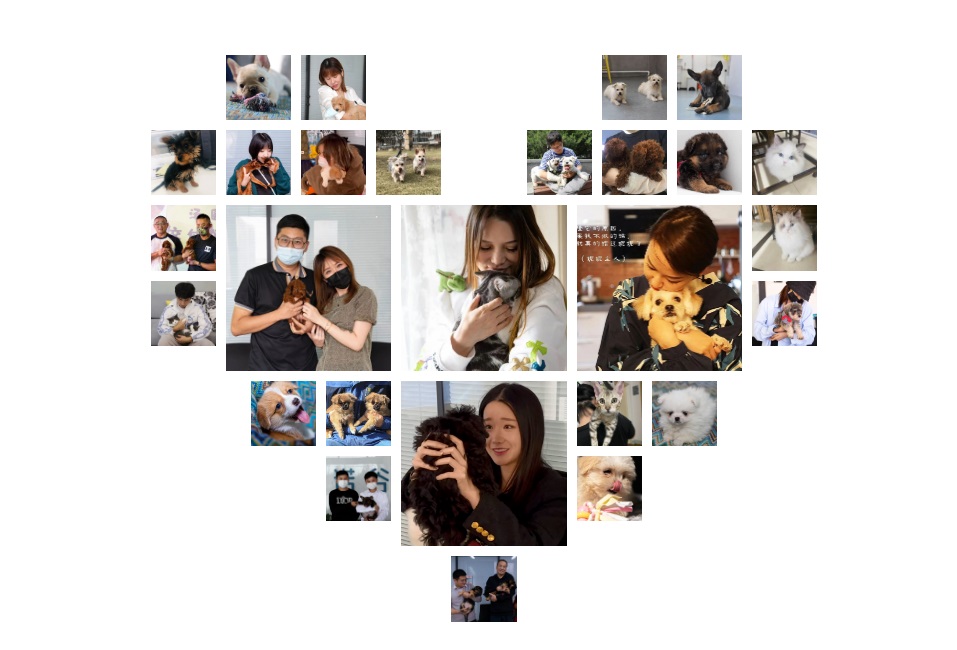
The success of cloned dogs achieved by Sinogene proves the scientific research strength of China and paves the way for the commercialization of cloning technology. As cloned dog technology continues to advance, more attention will be paid to cloned dogs themselves, and as more cloned dogs enter Chinese households, they will bring hope and warmth to more families.
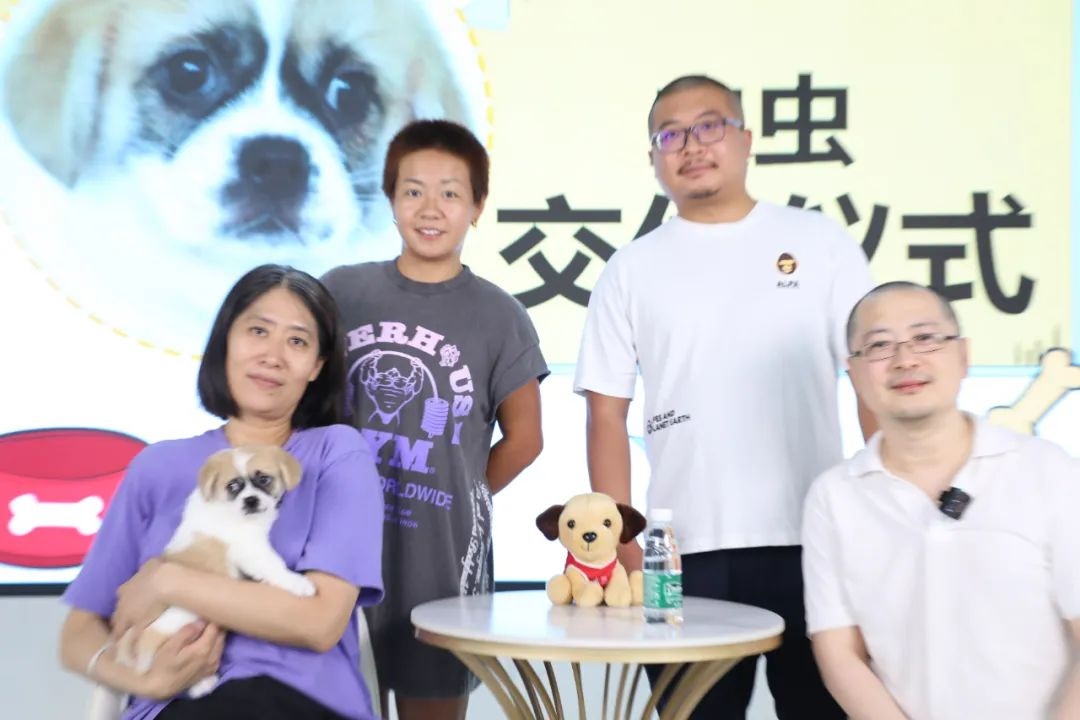
At the genetic level, cloned pets are more like identical twins born at different times, with the same genetic material. Sinogene once delivered a cloned Pomeranian dog to a client, which not only looked exactly like the client's deceased pet in terms of appearance and fur color, but also had similar walking posture and eating preferences, such as liking to climb stairs sideways. The pet owner was amazed. As for the lifespan of cloned pets, they have a normal lifespan and the ability to reproduce offspring. According to monitoring data, their health and reproductive abilities are no different from non-cloned animals. For example, the world's first cloned dog "Snuppy" was born on April 24, 2005, lived to be 10 years old, even exceeding the lifespan of the original dog, and had over 10 healthy offspring. The world's first cloned cat "CC" lived to be 18 years old before passing away.
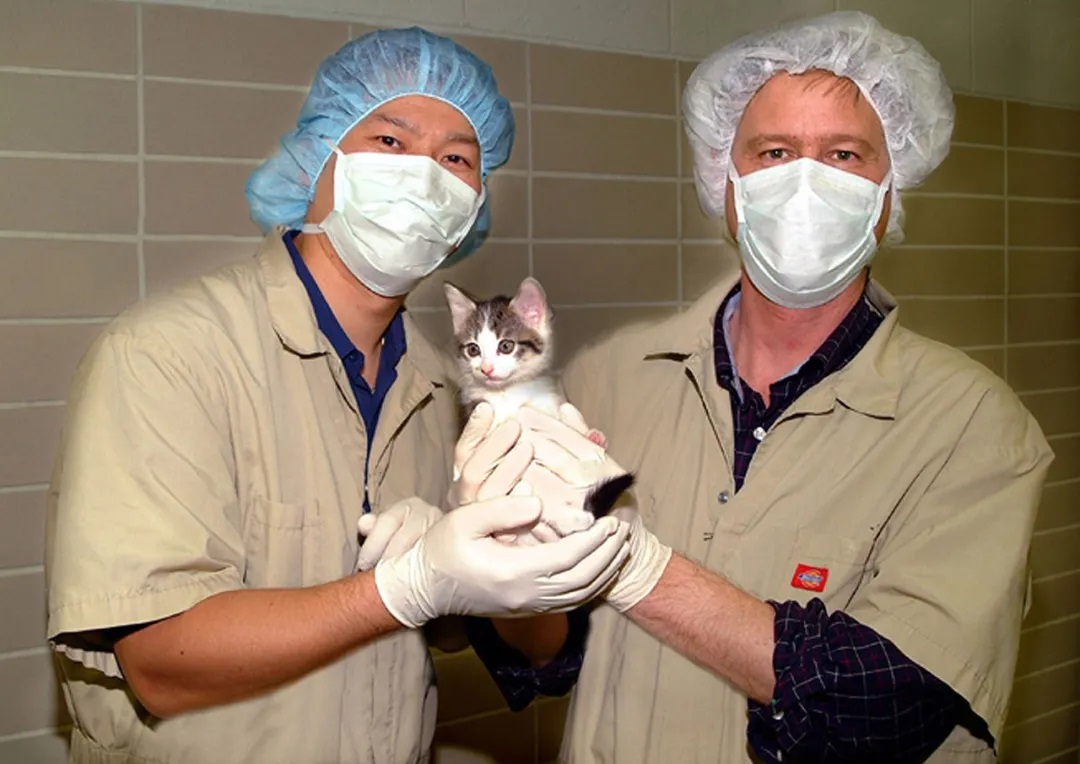
Cloned cat CC, the world's first cloned cat
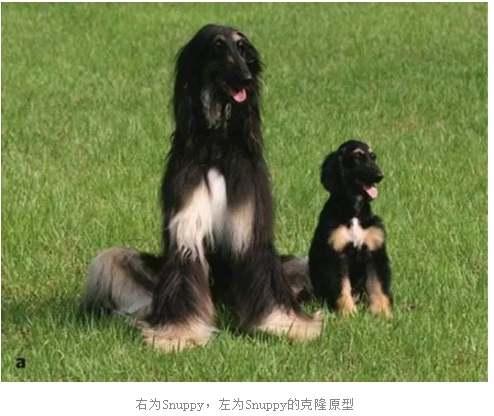
For them, pet cloning is legal and legitimate, so we have no right to criticize others, as their feelings towards their pets are something others cannot fully understand.
Have you ever watched a movie called "A Dog's Purpose"? The dog Bailey goes through multiple rebirths, searching for the figure of his original owner in each life cycle. Such perseverance, loyalty, and affection, who wouldn't love this? If your dog is another Bailey, would you be willing to spend money to clone it after its passing?

